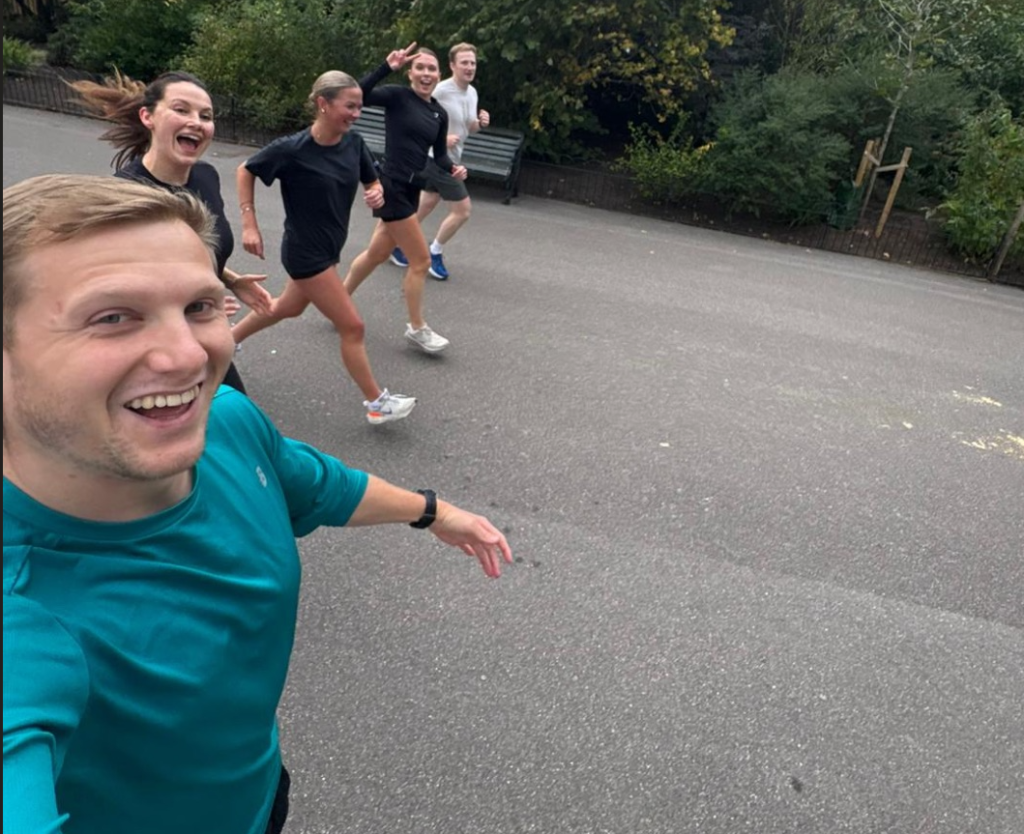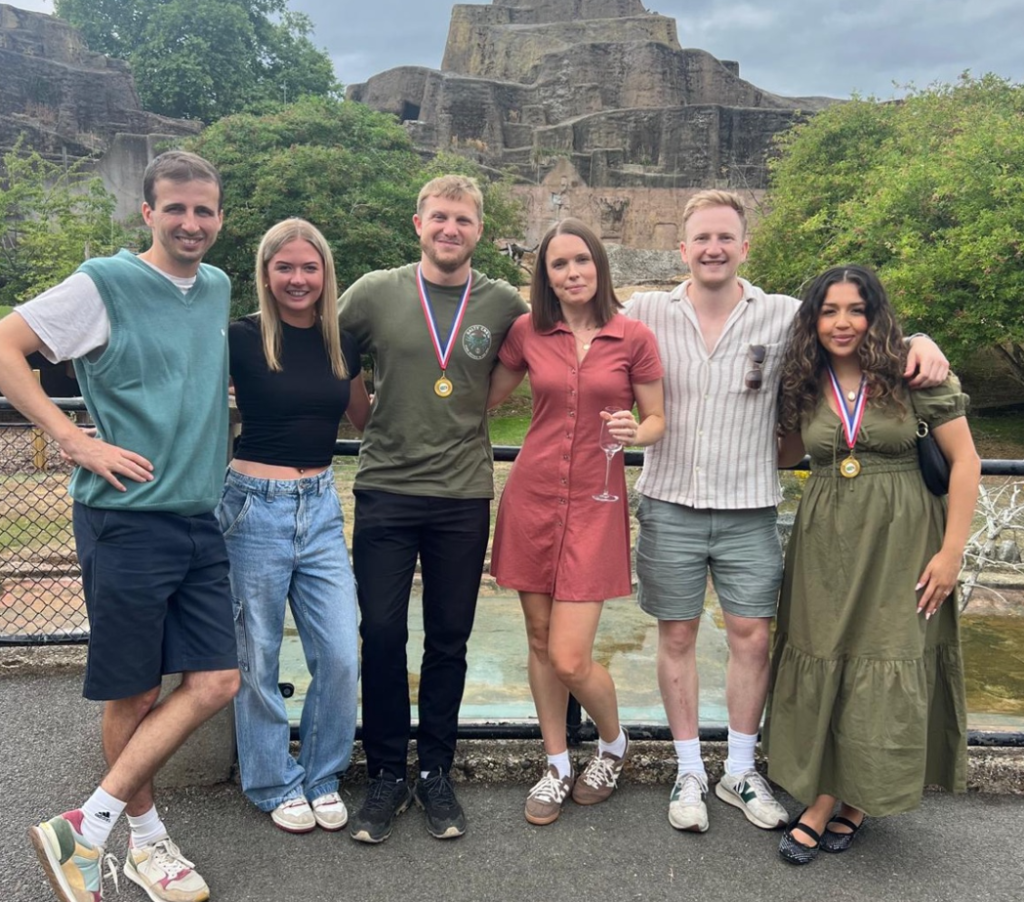30Under30 Honouree: Zachary Levin-Smith

Great to hear from Global 30 Under 30 Honouree, Zachary Levin-Smith, who is leading innovation at Giraffe Insights, helping brands stop guessing, start listening, and use technology to turn insight into smarter decisions.

How did you get into the industry and reach this point?
Quite the classic story. It was a complete accident really. I studied English Literature at university and grew up obsessed about how human history, behaviour and culture is catalogued through stories. Obviously, I have remained curious about this ever since and research felt like a fit because it’s a natural home for that curiosity. When I started out early in my career, I realized that the real magic isn’t in the data, it’s in the why, and in the stories hidden within it. Since that realisation, I’ve tried to chase roles that let me dig into people’s behaviour and turn that into something that brands can actually use.

Why should someone consider a career in market research, data and insights?
If you want a career where you see your work drive actual, real-life business impact, work in insight. It’s rare to work in a role where your output and the product of your hard work will change the course of an organisation, by guiding their thinking, creating new products and quite literally helping them to grow. You have a lot of power as an insight professional and I think that is special.

Career paths are rarely without challenges. Can you share a moment from your career when things didn’t go to plan, but the lessons learned remain with you to this day?
I think early on I thought that complex meant good. However, I quickly came to realise that the opposite is true. Fancy statistics and dense convoluted decks containing a labyrinthine argument really don’t help anyone. I would often find that the harder you try to impress people, the less people care. Generally, the best insights are the ones that A) resonate with people, and B) those people can do something with. For both of those things to work, it really does need to be simple. Simplicity doesn’t mean dumbing things down, it just means getting to the heart of what really matters. The best work isn’t about proving how smart you are, it’s about helping people actually get it. When you strip away all the extra stuff, what’s left is something clear, honest and useful, and that’s what people remember.

What two things should junior researchers focus on as they progress in their careers?
Ask better questions. Not just to people you are researching, but to everyone and everything. Your data, your clients, your boss, more or less anyone and everyone. Your job isn’t to know everything. Your job is to ask the right questions and find things out.
Make yourself sticky. Carve out a niche for yourself in your organisation and become the go-to person for that. A lot of researchers are generalists, which is a good thing, and you definitely need that as well. But pick something specific, whatever interests you really. It could be a methodology, type of insight or category/sector and go deep. Not only will you get noticed, but you’ll build internal credibility quickly, which will help accelerate your career.

Do you have any advice for our sector?
My main advice would be about the AI revolution that everyone is scrambling to be part of. It feels like half the industry is in a bit of a panic to prove they’re innovating when in reality a lot of it is smoke and mirrors. I’d say just throwing AI at a problem doesn’t make you a visionary. I think it’s wasteful, given the vast potential of this technology. For sure, it’s exciting, but the real skill is knowing how to make it relevant. Don’t just slap some AI onto something and call it innovation. Think about what it actually does for your business and for your clients. Use it to solve actual real-life problems, not to make your organisation seem smarter than it actually is.
Is there anyone who has helped or supported you in your career who you’d like to acknowledge or thank?
Yes, my current manager and MD. They have put their trust in me in a way I have never really experienced before and that has been a real catalyst for my progression. Through them, I have been able to learn a lot about myself as a researcher and as a person.